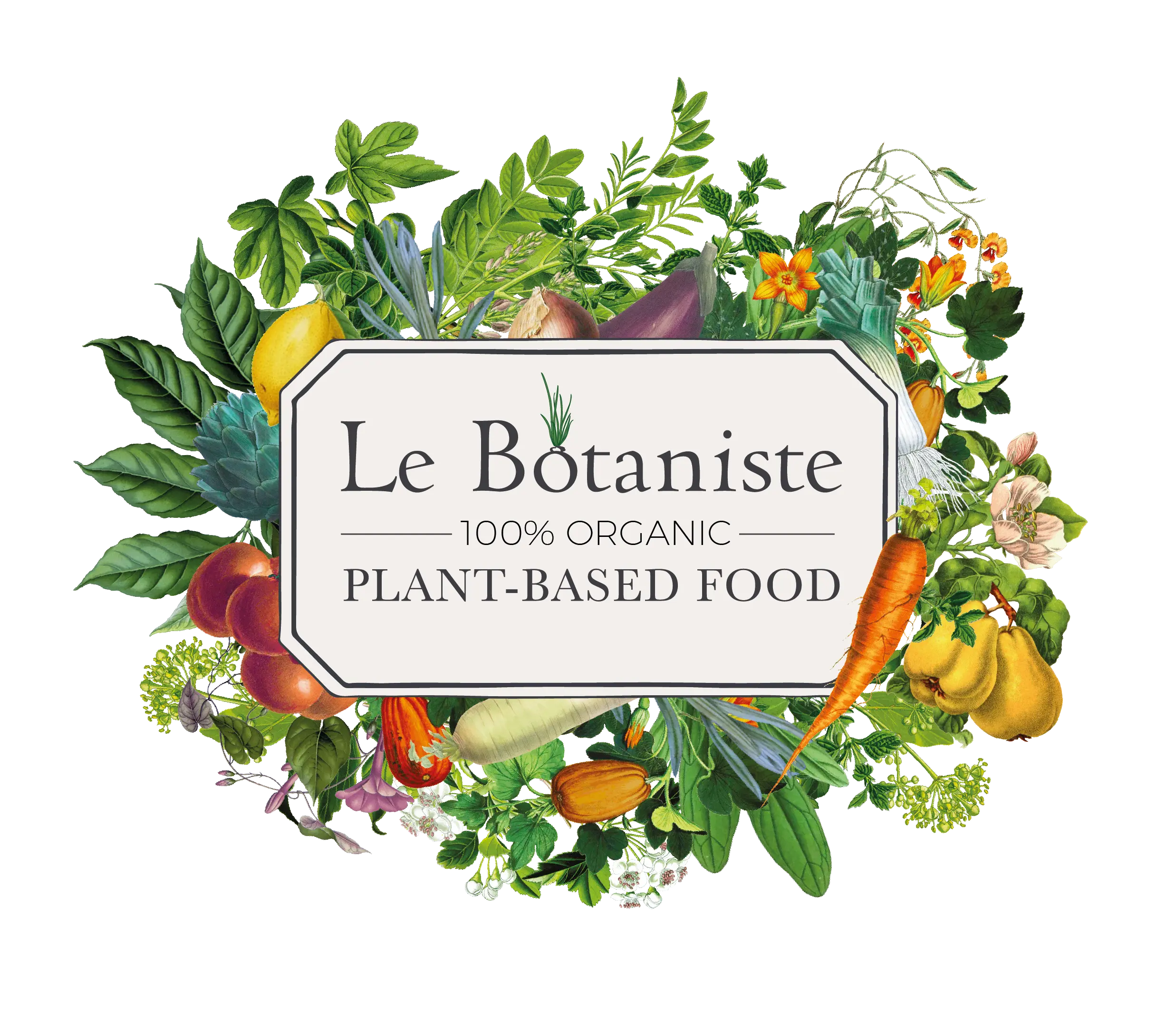 The Office of Sustainability, in collaboration with the Greener by Default Coalition at NYU and the Animal Rights Collective, is thrilled to team with NYU Eats to host a Teaching Kitchen during the 2024 Plant Based Food Festival.
The Office of Sustainability, in collaboration with the Greener by Default Coalition at NYU and the Animal Rights Collective, is thrilled to team with NYU Eats to host a Teaching Kitchen during the 2024 Plant Based Food Festival.Arianna Cooper, Director of Sustainability for Chartwells at NYU, will show the NYU community how to cook Summer Rolls with a Peanut-Free Dipping Sauce and Banana Bread in a Mug. Find the delicious recipes below, so that you can prepare them on your own!
Vegetable Summer Roll
Instructions
- Cut vegetables in thin sticks, shred cabbage and slice carrots.
- Add rice noodles to bowl of hot water, according to package directions.
- Fill pie plates with warm water. Dip rice wrapper in warm water for 10-15 seconds, making sure to hold down edges so they don’t curl up.
- Remove wrapper and place on towel, gently pat slightly dry.
- Add noodles and any vegetables you like to lower half of wrapper.
- Begin rolling by pulling wrapper over vegetables, fold in sides and roll tightly.
Banana Bread in a Mug
- ⅓ cup mashed bananas
- 1 tablespoon oil
- 1 tablespoon oat milk
- 1 tablespoon raw brown sugar
- 3 tablespoons all-purpose flour
- Pinch of sea salt
- Pinch of ground cinnamon½ teaspoon baking powder
Instructions
- In a mug, add in the mashed banana, oil, milk and sugar. Whisk together for about 30 seconds to combine completely and banana is completely mashed. Add in the flour, baking powder, salt, and cinnamon.
- Stir to combine for about 20 more seconds to ensure it’s all incorporated, ensuring to get the bottom too.
- Place in your microwave for about 80 seconds. Remove and let cool for about 3 minutes. Sprinkle some coarse sea salt on top and enjoy!














 Green Apple Move Out is NYU’s annual initiative to reduce the waste generated during spring move out! Live in an NYU residence hall? You can drop textiles and certain room essentials in the designated area in your building.
Green Apple Move Out is NYU’s annual initiative to reduce the waste generated during spring move out! Live in an NYU residence hall? You can drop textiles and certain room essentials in the designated area in your building.